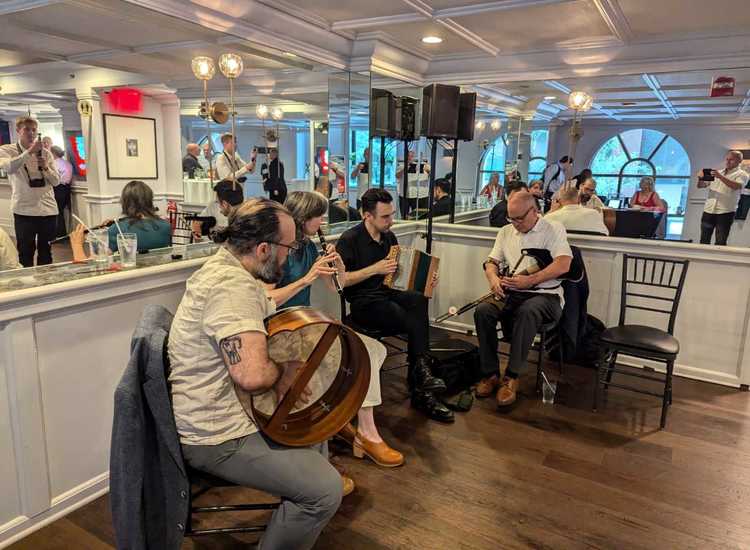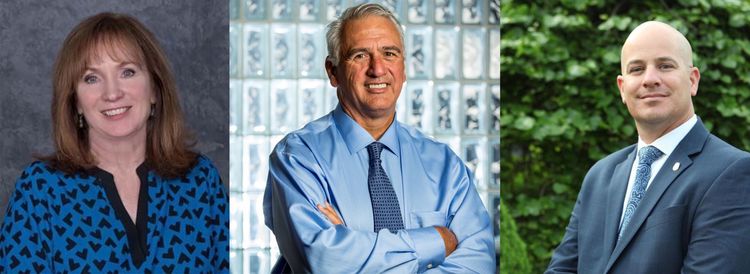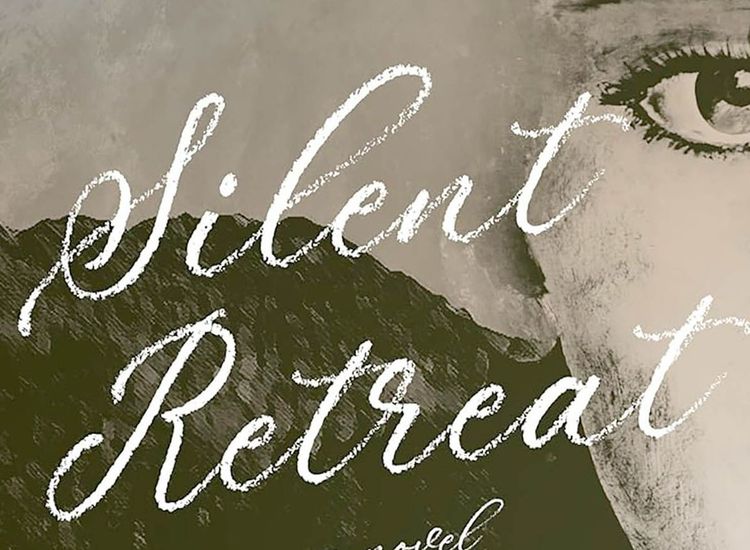[caption id="attachment_68794" align="alignright" width="600" caption="BC's Burns Library houses the Troubles archive."]
A federal judge in Boston has turned aside a motion by the trustees of Boston College to quash subpoenas that order them to turn over recordings of former members of the IRA to the Police Service of Northern Ireland.
The recorded materials must be turned over to the judge by today, Wednesday.
Last June, the Jesuit university filed a motion in U.S. District Court in Boston to, according to a statement at the time, "quash the subpoena from the U.S. Attorney's Office as to the release of certain portions of the University's Oral History Archive on the Troubles in Northern Ireland."
The archive, which covers the thirty years of the Northern Ireland Troubles, is stored on campus in the college's Burns Library and is comprised in large part of interviews conducted by journalists Ed Moloney and Anthony McIntyre over a five year period between 2001 and 2006. Interviewees were offered anonymity for as long as they lived.
One of the interviewees, Brendan Hughes has since died but another key interviewee, Dolours Price, is still living.
The legal assault against the library's walls began with a request to the U.S. attorney's office in Boston from the PSNI earlier this year. The U.S. attorney's office in turn presented the university with a sealed subpoena intended to obtain evidence linked to murders in Northern Ireland, some of them as far back as four decades ago.
In his ruling, Judge William Young did not order Boston College to immediately turn over the materials to federal prosecutors.
Instead, according to a Boston Globe report, Young said in his 48-page ruling that he would review the materials and decide on the next step, writing that the subpoenas were made in good faith, and were relevant to a non-frivolous criminal inquiry.
Last June, in its motion, BC stated: "We are asking the court to weigh the important competing interests in this matter. Our position is that the premature release of the tapes could threaten the safety of the participants, the enterprise of oral history, and the ongoing peace and reconciliation process in Northern Ireland."
When the story first broke, BC spokesman Jack Dunn said that the university was concerned over the possible ramifications for its oral history project, the safety of those interviewed for the project "and the peace process itself."
Dunn said that Boston College's "sole interest" in the process of compiling the archive on the Troubles was "the preservation of the truth and to support peace in Northern Ireland."
Dunn, told the Globe that the university was, however, pleased with the judge's ruling.
"While the motion to quash the subpoenas was denied, the court, in agreeing to review the research materials granted [the college] what it was seeking by promising to determine what materials, if any, are relevant to the criminal investigations," he said.
Judge Young, according to the report, acknowledged some of BC's concerns, but added that the recordings were relevant to investigations of crimes including murder and kidnapping. He also said the United States had an obligation under a treaty with Britain to turn over the materials.
"These are serious allegations, and they weigh strongly in favor of disclosing the confidential information," Young wrote in his decision.
In a statement, Ed Moloney and Anthony McIntyre, whose motion to intervene in the case was rejected by the court, said: "We are naturally disappointed but we confidently expect BC to take up Judge Young's implied invitation to lodge an appeal.
"One way or another this fight will go on. There are very important issues at stake - legal & political - that could adversely affect vital and essential U.S. interests, both domestic and international. Not least among the latter is the Good Friday Agreement in which President Clinton, Senator Mitchell and virtually the entire American body politic invested so much energy, time, effort and not least their personal and national prestige to bring a seemingly intractable and bloody conflict to an end.
"As anyone familiar with the background to this case can attest, the enforcement of these subpoenas has the real potential to create an immensely destabilizing political crisis in Northern Ireland.
"It comes at a time when the British government is refusing to properly investigate allegations of murder connived at by its own security and intelligence services. The double standards involved in all this will send a clear and unmistakable message to everyone in Northern Ireland, a message that reverberates down through the sad, tragic and bloody history of Ireland's relationship with Britain.
"It would be an event of extraordinary irony that a decision of a court in a country which expended so much political capital to secure peace in Ireland could threaten all that was achieved over so many long and difficult years.
"Given Boston College's long record of nurturing a resolution to the conflict, as well as the solemn assurances to protect confidentiality given to those involved in this oral history project, we therefore look forward to an early announcement of the college's intention to appeal."
Moloney and McIntyre are being supported in their battles against the subpoenas by a number of Irish American organizations including the Brehon Law Society and Irish American Unity Conference.









